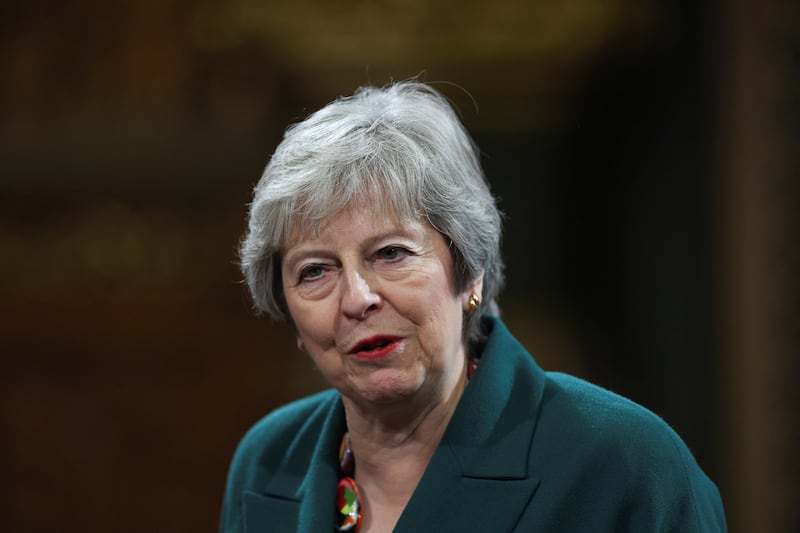As can often be the case when senior political posts become available, both in the UK and elsewhere, Theresa May has effectively won the race to become prime minister because of the failings of others rather than through her own undisputed merits.
However, Mrs May still deserves considerable credit for avoiding a range of pitfalls and maintaining a solid and steady rise to the top of a party and a parliament which remains largely male dominated.
Most commentators were convinced over recent years that, whenever David Cameron stood down, he was almost certain to be succeeded by either the long-serving chancellor George Osborne or the flamboyant former London mayor Boris Johnston.
Both managed to damage their reputations at precisely the wrong time, and the strident Euro-sceptics Michael Gove and Andrea Leadsom also subsequently faltered when their credentials were placed under the spotlight.
All this left Mrs May, regarded as a competent rather than particularly impressive home secretary, as the last candidate in the field, and she is due to officially move into 10 Downing Street tomorrow.
There is little evidence that she has anything more than a passing interest in Irish affairs although she caused concern on both sides of the border in April through a speech in which she proposed that, regardless of the result of the EU referendum, the UK should withdraw from the European Convention on Human Rights.
Such a move would have major implications for the Good Friday Agreement but it was generally concluded that Mrs May, as a declared supporter of the Remain campaign, was attempting to placate pro-Brexit Tories and not launching a serious policy initiative.
She has gone on to insist that the outcome of the June 23 poll means that a British withdrawal from the EU must inevitably follow within an agreed schedule and that, when confirmed in her new role, she will ensure that the process is completed.
This was a predictable stance, but Mrs May will also be aware that the mechanics of triggering Article 50 of the Lisbon Treaty are surrounded by legal and constitutional uncertainties and that many twists and turns can be anticipated as the negotiations intensify.
It is quite possible that the dark prospect of sliding into economic chaos and going down in history as the British prime minister who was responsible for the break-up of the union by facilitating Scotland's departure may encourage her to develop a more pragmatic approach.
If she decides instead to lead the Brexit charge, her carefully created image as a safe pair of hands may not last very long.







